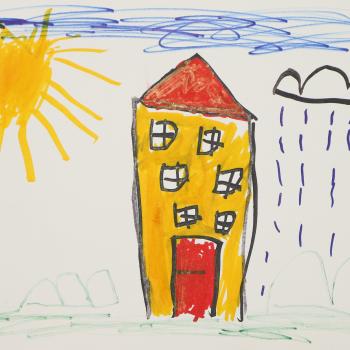blogs:
2. WATCH WHAT YOU SAY AROUND THE KIDS!!!!!! I can’t emphasize this enough, and everyone is continually stunned by the things people will ask in the hearing of children, from “Oh, is their Mom an addict?” or “Well, they aren’t your REAL kids are they” or “Are you going to adopt them?” or whatever. Not only is that stuff private, but it is HORRIBLE for the kids to hear people speculating about their families whom they love, or their future. Didn’t anyone ever explain to you that you never say anything bad about anyone’s mother (or father) EVER? Don’t assume you know what’s going on, and don’t ask personal questions – we can’t tell you anyway. …
4. Don’t hate on their parents. Especially don’t do it in front of the kids, but you aren’t on my side when you are talking trash either.
Nobody chooses to be born mentally ill. No one gets addicted to drugs on purpose. Nobody chooses to be born developmentally delayed, to never have lived in a stable family so you don’t know how to replicate it. Abusive and neglectful parents often love their kids and do the best they can, and a lot of them CAN do better if they get help and support, which is what part of this is about. Even if they can’t, it doesn’t make things better for you to rush to judgement.
It is much easier to think of birth parents as monsters, because then YOU could never be like THEM, but truly, birth parents are just people with big problems. Birth and Foster parents often work really hard to have positive relationships with each other, so it doesn’t help me to have you speculating about them.
5. The kids aren’t grateful to us, and it is nuts to expect them to be, or to feel lucky that they are with us. They were taken from everything they knew and had to give up parents, siblings, pets, extended family, neighborhood, toys, everything that was normal to them. No one asked them whether they wanted to come into care.
YOU have complex feelings and ambivalence about a lot of things, even if it seems like those things are good for you or for the best. Don’t assume our kids don’t have those feelings, or that moving into our home is happily-ever-after for them. Don’t tell them how lucky they are or how they should feel.
more; list of things you can do to be supportive at the end (via Rod Dreher)











